The Risks and Rewards of Homeownership
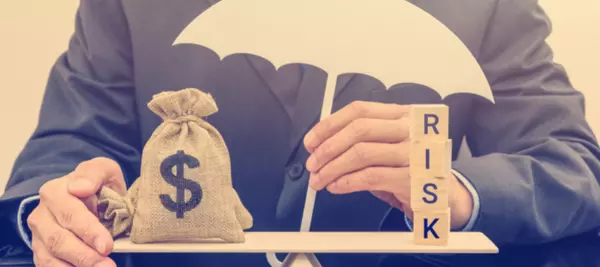
The Risks and Rewards of Homeownership. Homeownership is a big decision - one that comes with both risks and rewards. Risks include the possibility of your home depreciating in value, having difficulty selling it when you need or want to, or being forced to move if you can't afford the mortgage pa
Read MoreHome Decoration Theme Ideas To Let Your Quirks Shine
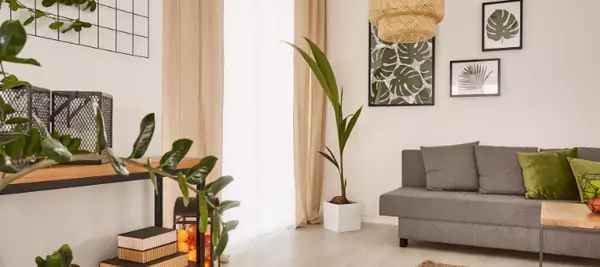
Home Decoration Theme Ideas To Let Your Quirks Shine. Just because more people keep their homes as conventional pieces of architecture doesn't mean that you have to. If it's your forever home, you should be able to make it look like what you want. Home decor ideas often focus on colour schemes and
Read MoreWhat's The Smartest Move When The Housing Bubble Bursts?

What's The Smartest Move When The Housing Bubble Bursts? The housing bubble burst will have the effect of a tidal wave on the Canadian housing market. Are you prepared for what that means? There's a Canadian real estate bubble? Depending on when this goes live, it's either just burst or it's still
Read MoreThings You Should Not Do Before Closing
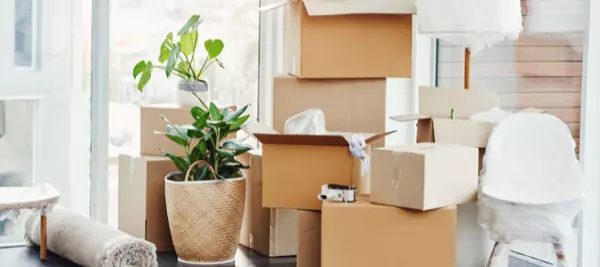
Things You Should Not Do Before Closing. There are things you should not do before closing in real estate. For example: investing all of your savings in the stock market before the home sale goes through - although it would probably be best to just not do that ever. One of the big mistakes buyers
Read MoreWhat You Should and Shouldn't Compromise On When It Comes To Real Estate

What You Should and Shouldn't Compromise On When It Comes To Real Estate. First-time homebuyers enter a complicated world when it comes to real estate. Everyone has their dream home but between them and those floor-to-ceiling windows overlooking the ocean are property taxes, other prospective buye
Read More8 Questions To Ask Before Buying a Property

8 Questions To Ask Before Buying a Property. It's normal to have questions before buying a property but they range from strange, like asking if the house is haunted, to the essential like asking about necessary repairs. Read on to find out some of the questions you need to ask before getting ready
Read MoreWhat Should You Do When You First Move Into a Single-Family Home?
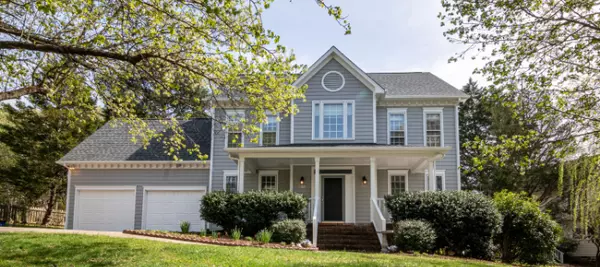
What Should You Do When You First Move Into a Single-Family Home? Moving into a new single-family home is a big endeavour. From dealing with the moving company to making sure that your new address is updated in all the important places, it can be a lot to deal with. So let's break down some things
Read MoreHow To Save, Earn, and Spend More With Your Property

How To Save, Earn, and Spend More With Your Property Owning real estate is incredibly advantageous but most people don't optimize their properties. To reach your financial goals quicker, check out some of these tips to find out what you can do once you've got the keys to your new house or condo. H
Read MoreWhat Does an Agent Mean When There is Low Inventory?

What Does an Agent Mean When There is Low Inventory? If you're on the hunt for a house, you probably heard about how the housing inventory is in dire straits. It's not just the Vancouver real estate market; across Canada, the real estate inventory is in a crisis situation. We're still far from sto
Read MoreHow To Make The Most Space Out Of Your Apartment
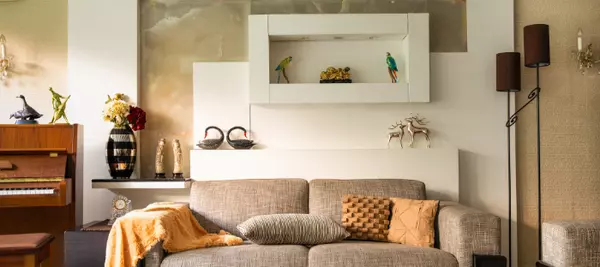
How To Make The Most Space Out Of Your Apartment. Trying to make the most out of a small apartment feels like a rite of passage. Everyone goes through the tiptoeing to get through small spaces, dinner parties with laps to rest plates on, and hidden storage all over the place. Still, you don't have
Read MoreWho Should You Bring (or not) Along To Open Houses and Home Inspections?
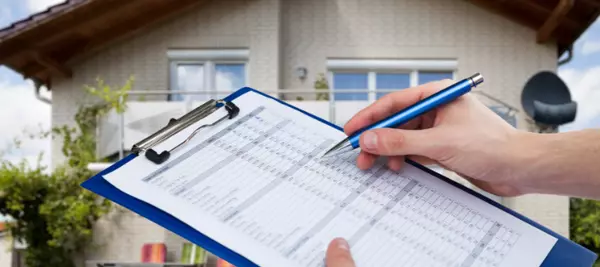
Who Should You Bring (or not) Along To Open Houses and Home Inspections? House hunting can feel lonely and the pressure can add up easily when you're going to invest a significant amount of money into a property. Usually, that means bringing someone along to help out - but are they helping or hurti
Read MoreTips To Make The Most of Your Tiny Backyard.

Tips To Make The Most of Your Tiny Backyard. Not everyone has a huge backyard. The option of having an outdoor living room or being able to frolic around a large green area might not be one at your disposal. But instead of just leaving your limited space as a point of shame, here are some tiny back
Read More-
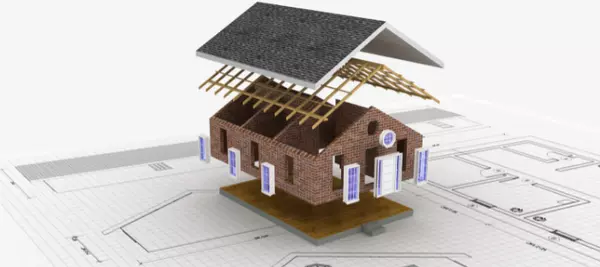
What Is a Broken-Plan Design? Traditionally, we know what the inside of a house looks like but the truth is that how the inside of a house is laid out can be vastly different from what we expect. If you're able to define what your interior space looks like there are far more ways to arrange rooms a
Read More How To Decipher Some Real Estate Terms.

How To Decipher Some Real Estate Terms. Let's be real about real estate for a second. Real estate agents are there to buy and sell homes. Whether it's a real dump or a dream home, a house needs a homeowner. Hyping up a house is part of the sale, but all prospective buyers should know how to sift th
Read More5 Things To Do If You're Struggling To Sell Your Home
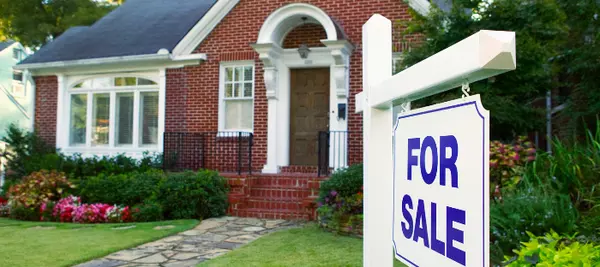
5 Things To Do If You're Struggling To Sell Your Home There are a thousand issues that contribute to you struggling to sell. Home values rising and rising might have made you price your home inappropriately, some renovations can make your home unappealing, or the market conditions have made buyers
Read MoreMoney-Saving and Money-Making Ideas For Your Home.

Money-Saving and Money-Making Ideas For Your Home. It can feel like the only way to get more out of your house is to knock down all the walls and start again. Thankfully, that's not the case. There are lots of small things you can do that can increase the value of your home quickly. If you were won
Read MoreThe Hard Truth About Flipping Houses
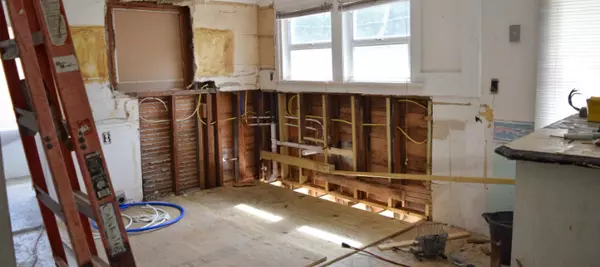
The Hard Truth About Flipping Houses. Flipping houses for a living seems attractive at a glance. You buy a house, embellish it, and sell it for a profit. You're your own boss, you get to use your hands, and you work on your own timeline. Still, is it for everyone? House flipping can yield a huge p
Read MoreThe Potential Pitfalls of Buying a Condo

The Potential Pitfalls of Buying a Condo. Condos are a great middle-ground between apartment living and a single-family home. A condo unit in the heart of a city can be a smart move to build equity while still getting to enjoy city life but that doesn't mean that it's free of risk. When considering
Read MoreIs Raising Children In The City Better or Worse?

Is Raising Children In The City Better or Worse? It's been ingrained in our collective unconscious for decades that to raise kids, you need to be in the suburbs. There have been studies and thought pieces all over the place essentially asking, "is raising kids in the city okay?" The pros of raisin
Read More-

How To Win a Bidding War. In real estate, bidding wars are not rare. In a competitive market, buyers looking for their perfect home can drive prices sky-high. But what is a real estate bidding war? Should you get into one in certain market conditions? And, more importantly, how do you win one? What
Read More
Categories
Recent Posts









